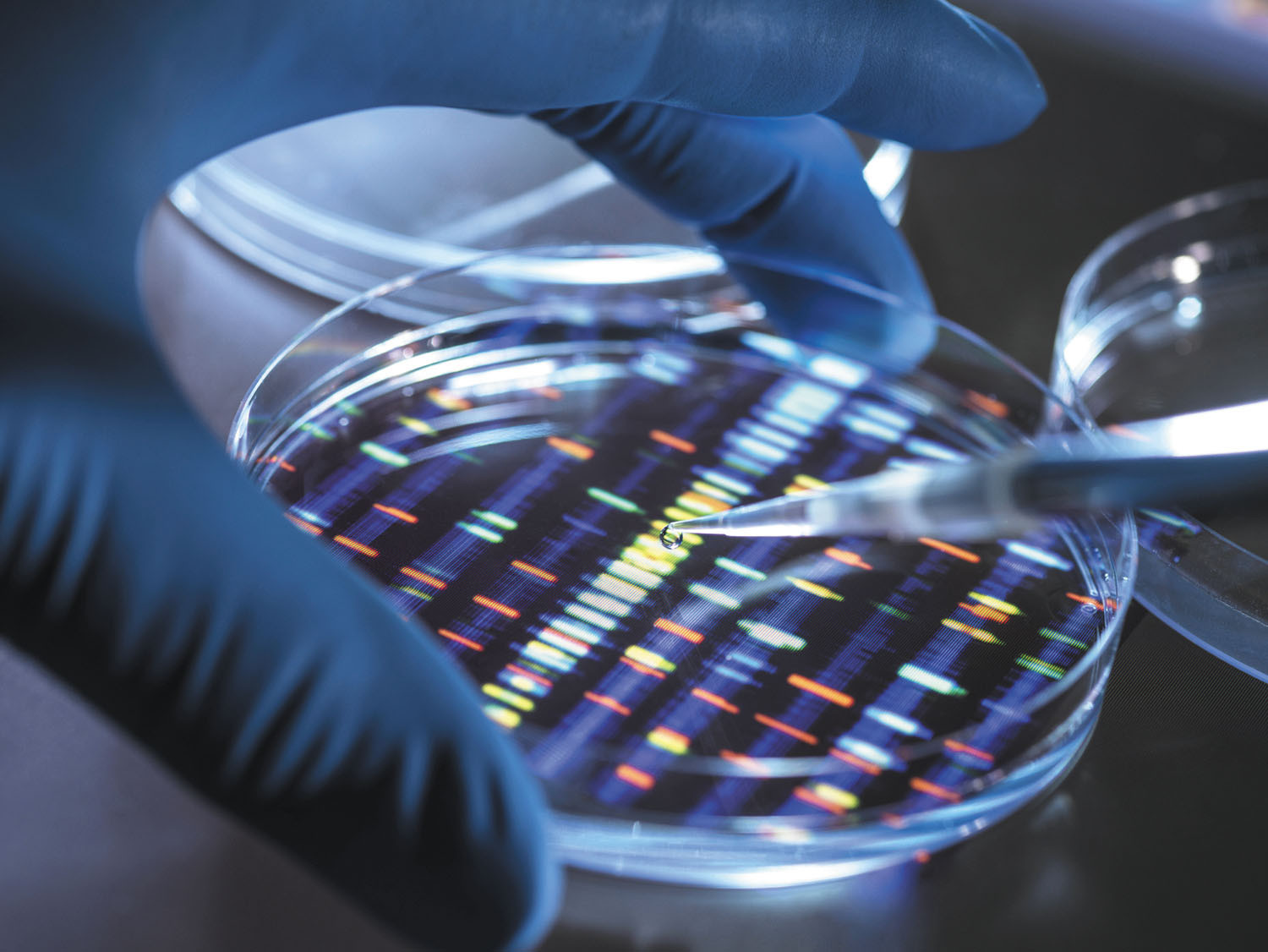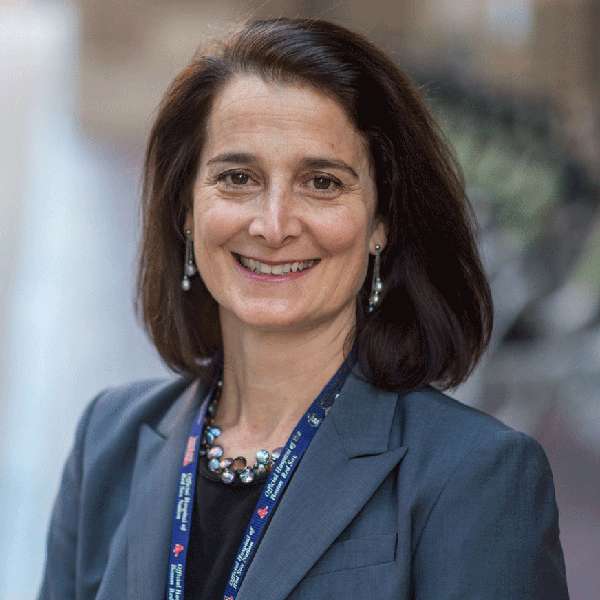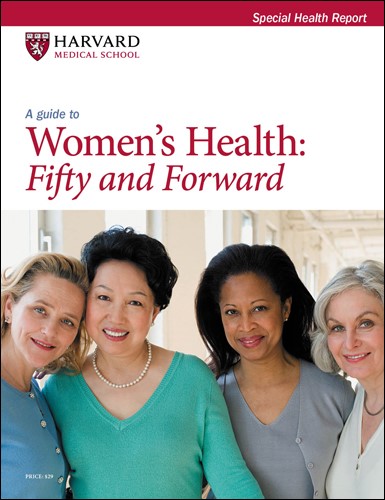Should I get genetic testing for breast cancer?
Ask the doctors

Q. My sister and I are in our late 40s, and she was just diagnosed with breast cancer. Should I get genetic testing to find out if I'm at higher risk?
A. Your worry is understandable. Only 5% to 10% of breast cancers result from an inherited genetic mutation, according to the American Cancer Society. But when mutations are present — most commonly in the BRCA1 and BRCA2 genes — a woman's risk for breast cancer can increase by as much as 80%.
Because you now have a family history of breast cancer, especially when it involves someone diagnosed at 50 or younger, you are indeed a candidate for genetic testing — though your sister should be tested first, since her results might influence her treatment (and would likely mirror your results). Other factors women should consider include whether they've had any previous bouts with breast or ovarian cancer, a family history of male breast cancer or BRCA1 or BRCA2 gene mutations, or being of Ashkenazi Jewish descent.
Rest assured, family history doesn't mean you'll definitely develop breast cancer. Similarly, the absence of family history doesn't mean you can't get it. Talk to your doctor about your concerns, and see a genetic counselor to learn your options and the benefits and risks of testing.
Image: © Westend61/Getty Images
About the Authors

Toni Golen, MD, Editor in Chief, Harvard Women's Health Watch; Editorial Advisory Board Member, Harvard Health Publishing; Contributor

Hope Ricciotti, MD, Editor at Large, Harvard Women's Health Watch
Disclaimer:
As a service to our readers, Harvard Health Publishing provides access to our library of archived content. Please note the date of last review or update on all articles.
No content on this site, regardless of date, should ever be used as a substitute for direct medical advice from your doctor or other qualified clinician.
















